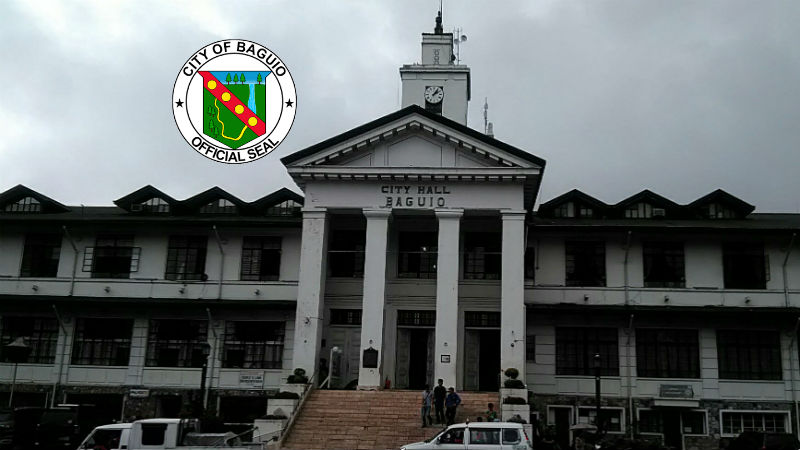BAGUIO CITY – The city government will maximizing the use of the geographic information system (GIS) to significantly improve its tax collection efficiency and achieve its overall target of having a P300 million additional income for the city’s coffers this year.
Mayor Benjamin B. Magalong claimed the GIS can help pinpoint businesses in the different barangays not registered and issued business permits by the city government aside from the structures with no tax declaration thus the owners are not actually paying their prescribed taxes.
Earlier, department heads and technical personnel of the city government underwent a training on the use of the GIS to help capacitate them and contribute in efforts to pinpoint individuals and businesses who are not actually paying their taxes with the city.
The city chief executive claimed the GIS will be a comprehensive approach in helping the city government ascertain individuals not actually paying their obligation with the city government aside from serving as a database for the city’s various services, programs and projects that are being implemented in the different parts of the city.
Apart from maximizing the use of the GIS, the city government is also working out the enactment of ordinances to allow the city to collect environmental fee and congestion fee to help generate the projected income collection that will be plowed back to the people through the implementation of priority development projects and improve the delivery of services to the residents in the different barangays.
According to him, the city is also eyeing increased collection in parking fees with the proposed enactment of an ordinance authorizing the collection of parking fees in some major streets that will be declared for pay parking, among other existing barangay roads to help in achieving the projected income for the coffers of the city.
The use of the GIS will augment the latest information technology earlier adopted by the city government to identify undeclared structures and new constructions that should pay to the city corresponding fees for the said structures and all business activities being undertaken in the different barangays.
The city chief executive underscored the importance of having to significantly increase the tax collection of the city from untaxed structures and businesses as the city government remained stagnant in terms of improving its tax collection over the past several years due to the inability of the city to enact the necessary revenues that will amend outdated revenue measures upon the recommendation of the finance department.
The city government did not increase its business taxes for nearly two decades now while the schedule of market values or real property taxes have not been updated for over two decades that prompted the finance department to include Baguio city in the list of city governments that have outdated revenue measures which is in violation of the provisions of the Local Government Code that provides that business and real property taxes should be revised every five years but the same never happened despite several notices handed down by the concerned government agency.
By Dexter A. See
Photo by: Armando Bolislis













